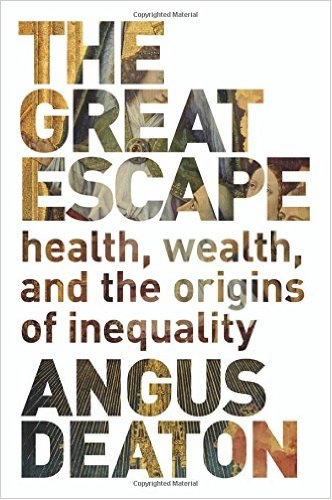
A few more articles on damage we are seeing from the economic shutdown.
(Cross post from my other blog, Attestation Update.)
Guess on California unemployment rate
April 2020 – Eberhardt School of Business, University of Pacific – Initial Estimates of Employment Impacts of Covid-19 Pandemic – The school of business estimates an unemployment rate of 18.8% in California for the month of May 2020.
This is in contrast to 2010 rate of 12.2% and 2019 rate of 4.0%.
Likely increase in bankruptcies
4/13/20 – Washington Examiner – Pandemic likely to exceed Great Recession in number of bankruptcies – Economists from a leftist think tank and a conservative think tank both guess that the number of bankruptcies from the current shutdown of the economy will exceed the number from the Great Recession.





